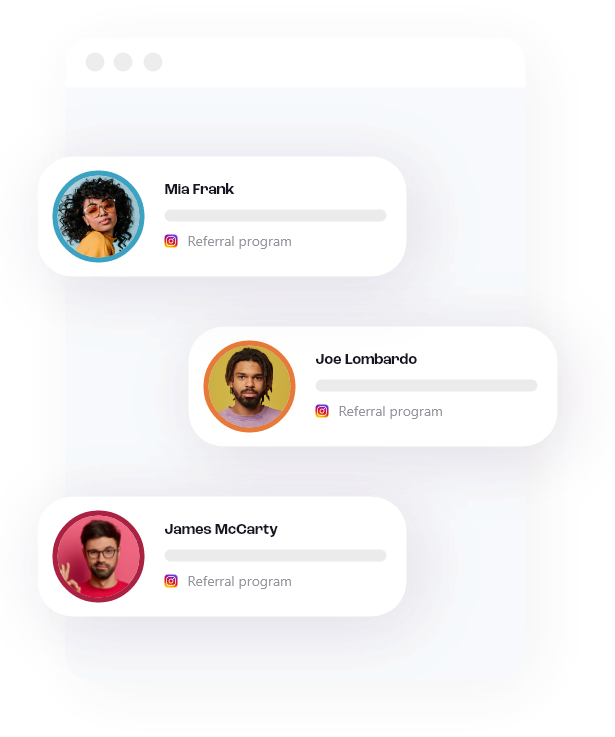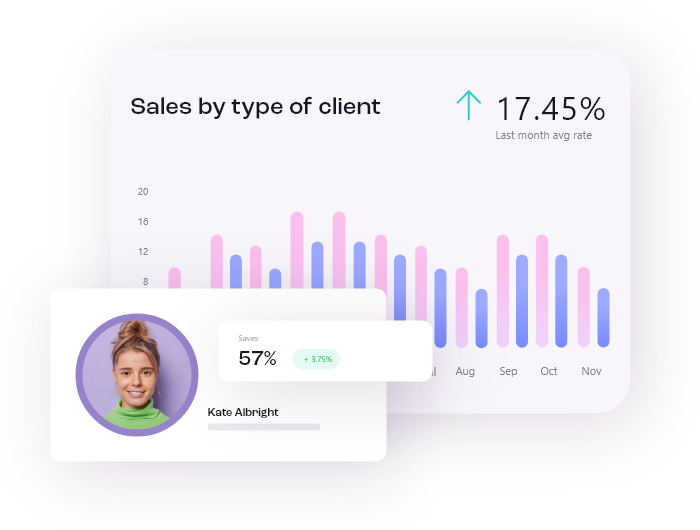Working Groups
Through working group activities, CoRE-AI will contribute to discourses around critical areas of Artificial Intelligence. The themes of working groups are crystallised based on the input and suggestions received from the executive committee and members.
Working Groups
Through working group activities, CoRE-AI will contribute to discourses around critical areas of Artificial Intelligence. The themes of working groups are crystallised based on the input and suggestions received from the executive committee and members.
Working Groups
Through working group activities, CoRE-AI will contribute to discourses around critical areas of Artificial Intelligence. The themes of working groups are crystallised based on the input and suggestions received from the executive committee and members.
Human-Centred AI
- Industry Guidelines/standards for Human-centred AI Development
- Implementing Ethical Frameworks for AI Development
- Addressing Bias and Fairness in AI Algorithms
- Upholding User Privacy and Data Protection
- AI for Social Good
- AI and Human Rights
- Public Trust and Transparency in AI
- Human-AI Collaboration Models
AI Innovation
- AI and competition
- AI and fair use of copyrighted material
- Standards for AI Interoperability
- Regulatory Harmonization for AI Innovation
- Use-cases of AI Innovation
AI Governance
- Regulatory Frameworks for AI
- Constitution of Ethics Boards and Advisory Councils
- Repository of International AI Governance Standards
- Stakeholder Engagement in AI Policy-Making
- AI Risk Management and Mitigation Strategies
Digital Public Infrastructure (DPI) and AI
- AI in Welfare Delivery
- AI for Digital Inclusion
- Public-Private Partnerships in DPI
- Scalability of AI-Driven DPI Solutions
- Use-cases of AI-Enhanced DPI





Human-Centered AI
This working group focuses on ensuring that AI technologies are developed and deployed in ways that prioritize human values, ethics, and rights.
• Guidelines/Standards for Human-Centred AI Development:
Establishing best practices and standards to guide the development of AI that prioritizes human needs and values.
• Implementing Ethical Frameworks for AI Development:
Developing and promoting ethical frameworks to ensure responsible AI practices.
• Industry Guidelines/Standards for Human-Centred AI Development:
Establishing best practices and standards to guide the development of AI that prioritizes human needs and values.
• Implementing Ethical Frameworks for AI Development:
Developing and promoting ethical frameworks to ensure responsible AI practices.
• Addressing Bias and Fairness in AI Algorithms:
Identifying and mitigating biases in AI systems to ensure fairness and equity.
• Upholding User Privacy and Data Protection:
Ensuring robust privacy protections and data security in AI applications.
• AI for Social Good:
Leveraging AI to address social challenges and promote public welfare.
• AI and Human Rights:
Safeguarding human rights in the context of AI deployment.
• Public Trust and Transparency in AI:
Building and maintaining public trust through transparency and accountability in AI systems.


AI and the Future of Work
This working group examines the impact of AI on the workforce and explores strategies to ensure that AI contributes to a fair and sustainable future of work.
•Labour Market Trends and AI:
Analyzing how AI is transforming labor markets and employment patterns.
• Reskilling and Upskilling the Workforce:
Developing training programs to equip workers with the skills needed in an AI-driven economy.
• Worker Rights in an AI-Driven Economy:
Protecting worker rights and ensuring fair treatment in workplaces influenced by AI.
• Social Safety Nets and AI Integration:
• Exploring how social safety nets can be adapted to support workers affected by AI.





AI Innovation
This working group focuses on fostering innovation in AI while ensuring that it aligns with ethical standards and promotes fair competition.
•AI and Competition:
Ensuring competitive practices in the AI industry to foster innovation and prevent monopolies.
• AI and Fair Use of Copyrighted Material:
Addressing the challenges related to AI’s use of copyrighted content.
• Standards for AI Interoperability:
Developing standards to ensure seamless integration and interoperability of AI systems across different platforms.
• Collaboration Across Industry and Sectors:
Promoting cross-sector collaboration to accelerate AI innovation.
• Regulatory Harmonization for AI Innovation:
Working towards harmonized regulations that support innovation while protecting public interests.
• Use-Cases of AI Innovation:
Showcasing successful examples of AI innovation to inspire and guide future developments.
AI Governance
This working group addresses the need for robust governance frameworks to manage the development, deployment, and impacts of AI technologies.
• Regulatory Frameworks for AI:
Developing and promoting regulatory frameworks that ensure responsible AI development and deployment.
• Constitution of Ethics Boards and Advisory Councils:
Establishing bodies to provide ethical oversight and guidance on AI practices.
• Repository of International AI Governance Standards:
Creating a repository of international standards and best practices for AI governance.
• Stakeholder Engagement in AI Policy-Making:
Ensuring inclusive and participatory processes in the development of AI policies.
• AI Risk Management and Mitigation Strategies:
Identifying and mitigating risks associated with AI to ensure safe and reliable systems.


